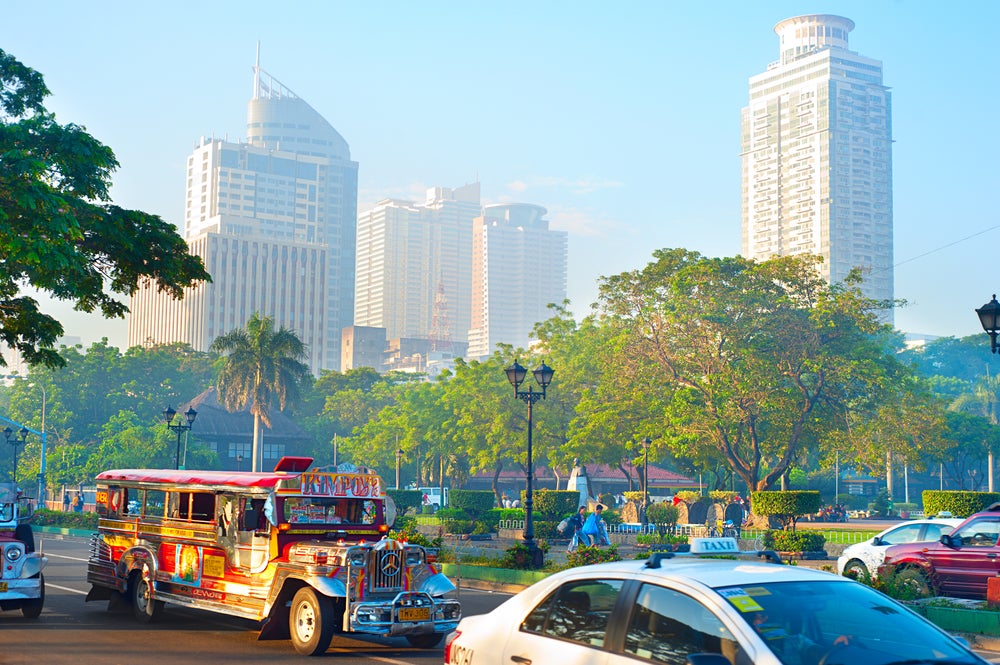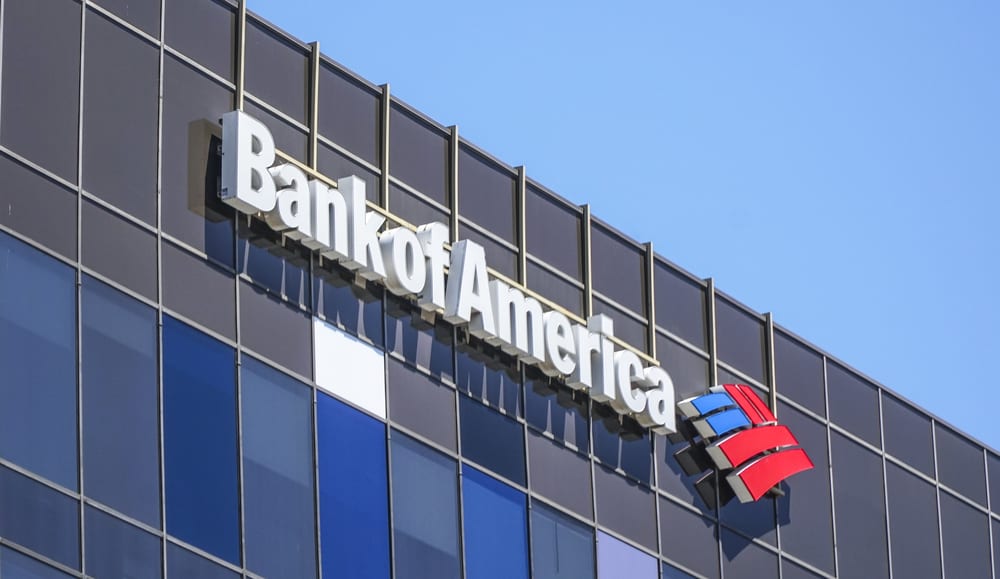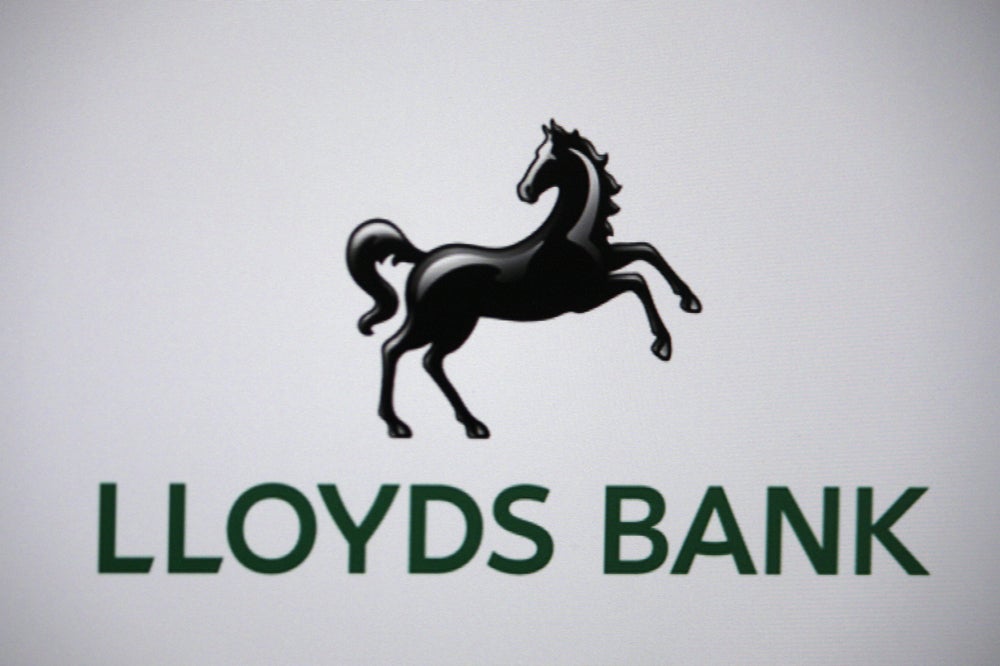
In the past two months, HSBC and Maybank have both ramped up their wealth management offerings in the Philippines. Oliver Williams asks if private banking in the East Asian island nation could soon take off.
Compared to its neighbours, the Philippines is not a wealthy country. Its GDP ranks just below Singapore’s but a large population means that per capita it is on par with Morocco or Angola.
In terms of HNWIs, the Philippines is the 12th wealthiest country in the whole of Asia. With an HNWI population of 24,162 in 2018, according to Knight Frank’s Wealth Report, it sits below Indonesia, Pakistan and Malaysia.
Nor is the political environment very hospitable to wealth. President Rodrigo Duterte has been a divisive figure on the international stage. At home, his war on drugs has been bloody and widely condemned by human rights groups.
Entrepreneurism can hardly be expected to thrive in a country whose ‘ease of doing business’ is worse than the West Bank and Gaza, according to the World Bank.
Why, then, are major global wealth managers increasing their exposure to the Philippines?
How well do you really know your competitors?
Access the most comprehensive Company Profiles on the market, powered by GlobalData. Save hours of research. Gain competitive edge.

Thank you!
Your download email will arrive shortly
Not ready to buy yet? Download a free sample
We are confident about the unique quality of our Company Profiles. However, we want you to make the most beneficial decision for your business, so we offer a free sample that you can download by submitting the below form
By GlobalDataThe case for private banking in the Philippines
Rather than put HSBC off the Philippines, however, these economic and political uncertainties have made the British bank reaffirm its commitment to its HNWIs.
“We’re seeing more demand for alternatives, particularly in private equity and private credit, as well for managed solutions”, said Kevin Herbert, co-head for North Asia, HSBC Private Banking.
HSBC Philippines head of private banking, Ailene Manzano- Litonjua, pointed towards the demographic changes that are taking place among the country’s wealthy: “In addition to helping them on the investment side, many of our entrepreneurial clients are on the cusp of inter-generational wealth and business transfer”.
This new complexity has made HSBC boost its onshore private bank in the Philippines. In so doing, the British bank has appointed Valerie See-Tang and Janice Marie Laurel as relationship managers in Manila. Serving the Philippines from Hong Kong, the bank recently poached Carmen Wong from JP Morgan.
In announcing the hires, HSBC also reminded readers that it has had a presence in the Philippines for 143 years and now operates a 10-strong total branch network, including three branches of the locally incorporated HSBC Savings Bank, located in Metro Manila, Cebu and Davao.
Maybank has not been in the Philippines for as long (the Malaysian bank first entered the market in 1997). But for the first time in July, Maybank made it’s ‘Premier’ banking service available to Filipino customers.
Maybank Premier is a personalised banking service focused on delivering wealth advisory and lifestyle privileges for HNWIs.
Dato’ John Chong, group CEO, Community Financial Services of Maybank said the move was “in line with the Bank’s focus to continue to develop our Group Wealth Management (GWM) franchise to capitalise on the region’s growth trajectory”.
Added to that, Chong said the Philippines is one of the fastest growing economies in ASEAN with a burgeoning middle class.
The growing Filipino party
There is a growing body of evidence supporting Chong’s view. In its Wealth Report, Knight Frank noted that Asia “hosts eight of the top ten countries with the fastest-growing UHNWI population”. The Philippines was among those eight: its UHNWI population is forecast to rise by over a third between 2018 and 2023.
But other private banks have long suspected this. Lombard Odier expanded its wealth business to the Philippines in 2016 through a partnership with Union Bank of the Philippines.
Then, last year, Credit Suisse obtained a license to establish a representative office for its wealth management business in the Philippines. The Swiss bank said it aimed to tap the growing onshore wealth in the Philippines, where, according to its research, the number of UHNWIs with over $50m increased 13% since 2000 to over 400 in 2017.
The future of private banking in the Philippines
Forecasts like these should be taken with a pinch of salt, however. Few can predict the outcome of trade tariffs, for example.
While these are hurting the Chinese economy, says Stéphane Monier, CIO at Lombard Odier, “in Asia, economies like India, Indonesia and the Philippines have held up relatively well”.
But for Filipino HNWIs – most of whom are newly made millionaires – the uncertainties around trade tariffs merely add to the disorder at home.
This is where the wealth managers come in. Local and international volatility combined with a rapidly growing economy are the perfect ingredients for a level headed private banker.






